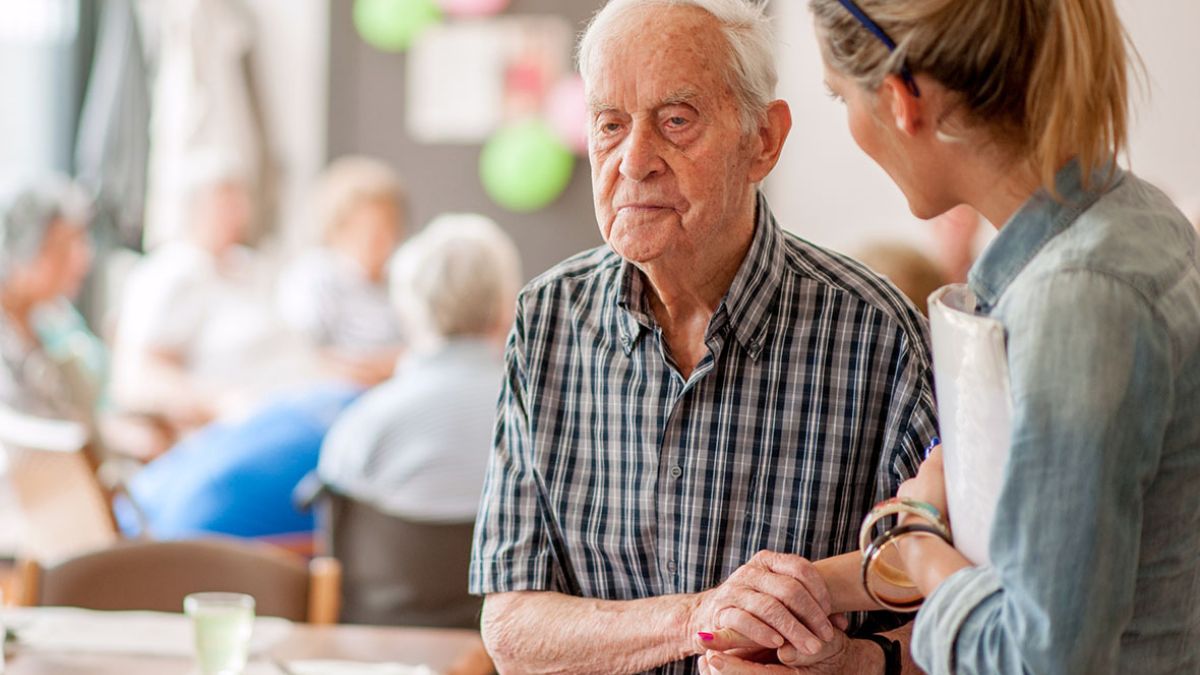Do you have Parkinson's Disease?
Parkinson's disease is a slowly progressive disorder of the brain which can cause tremor, rigidity, difficulty walking, imbalance and slowing down. Many other things can cause similar symptoms, so it is important to first speak with your primary care physician about your concerns.











